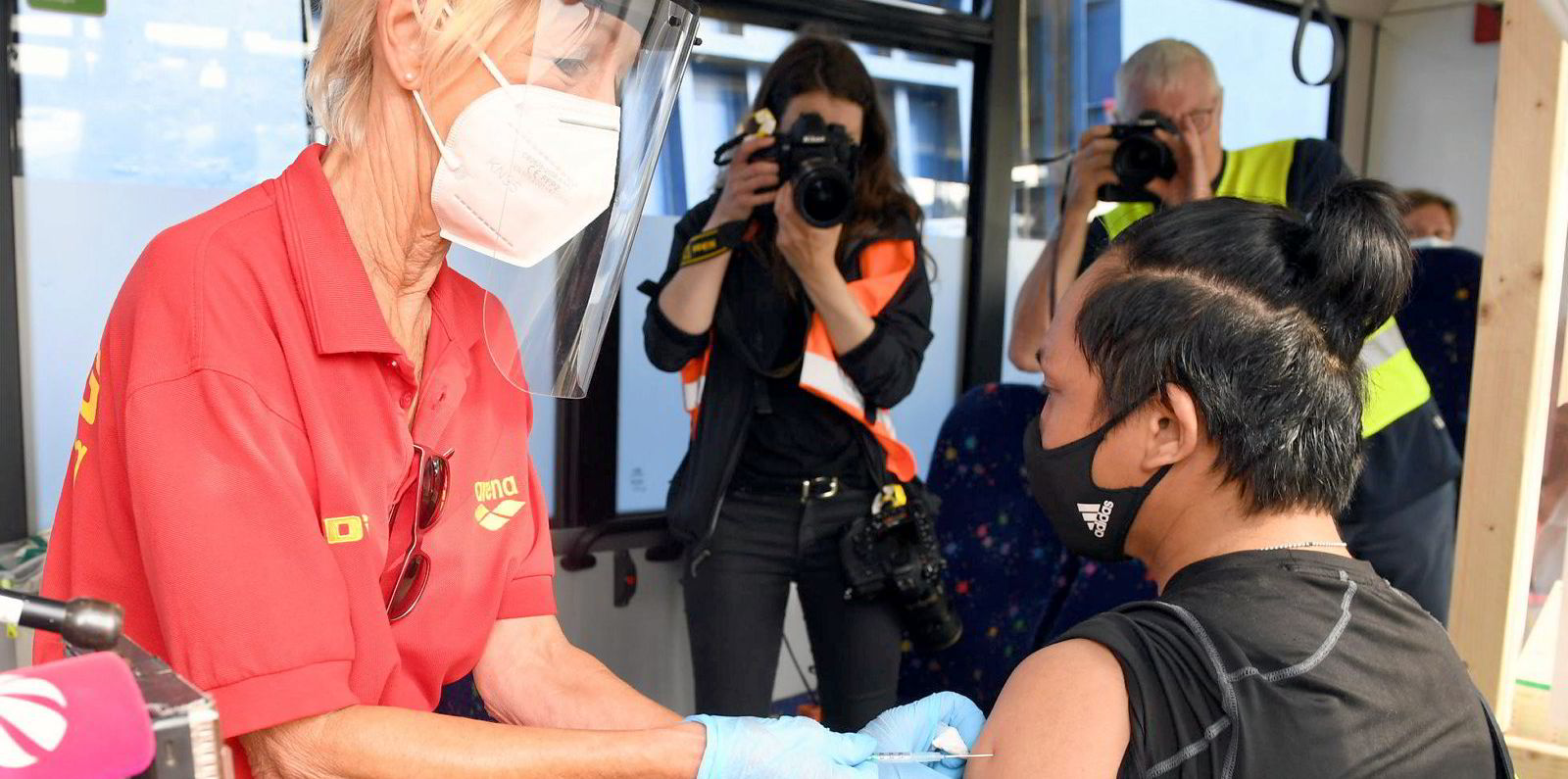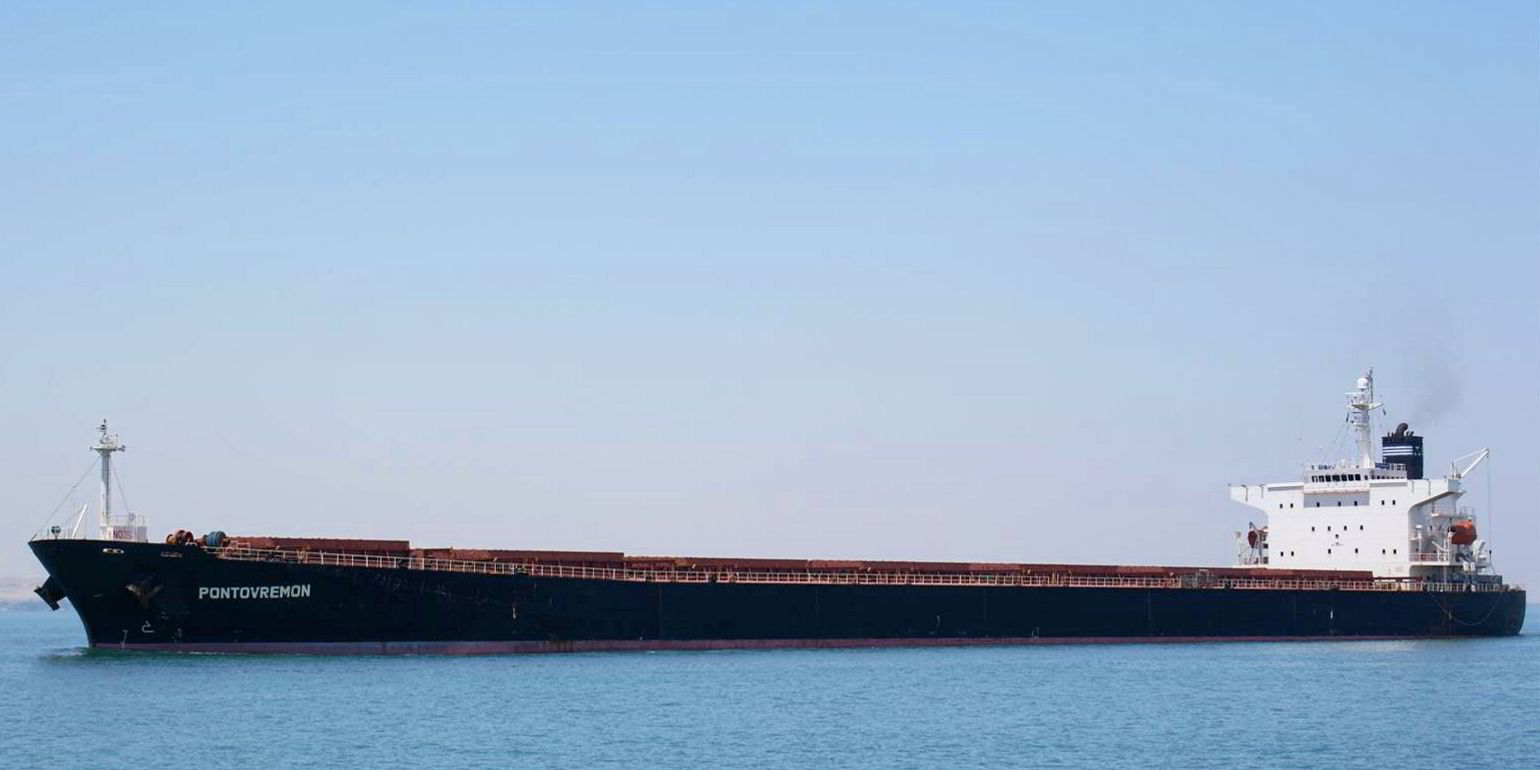Fewer and fewer seafarers are stuck on board their ships, but the omicron variant of Covid-19 poses a risk to those declining numbers, the Global Maritime Forum said.
The most recent Neptune Declaration Crew Change Indicator, compiled by data from 10 top ship managers, saw the number of seafarers working beyond the expiry of their contracts drop to 4.7% from 7.1% in November.
The number of seafarers working beyond the 11-month limit set by safety regulations also dipped, from 1% to 0.7%.
The figures were the lowest since the Neptune Declaration began counting in May, but before the omicron variant emerged and prompted another series of travel bans.
"We are encouraged by the indicator’s December numbers that shine some hope that the holiday season this year will be better for seafarers," said Kaspar Sogaard, a managing director at the Global Maritime Forum.
"The spread of the new omicron variant could however lead to a reversal of these positive trends. It is important that governments treat seafarers as key workers and continue to allow crew changes, when the proper health protocols are respected."
The indicator also showed the number of seafarers vaccinated continues to rise, jumping 8.5 percentage points to 49.5%.
The forum-led Neptune Declaration was launched earlier this year, as thousands of seafarers were forced to continue working as governments around the globe shut their borders, preventing them from coming ashore or new crews from getting on board.
At the height of the crew change crisis last year, an estimated 400,000 seafarers were working past their contract expiry.
The World Health Organization (WHO) designated the omicron variant on 26 November following its discovery in South Africa.
Since, many countries have enacted travel bans from various parts of the world, with the WHO reporting as many as 24 countries may have cases.
Still, the UN agency said it is unclear if the variant is more severe than other variants or more transmissible as the delta variant, designated in October, was.





